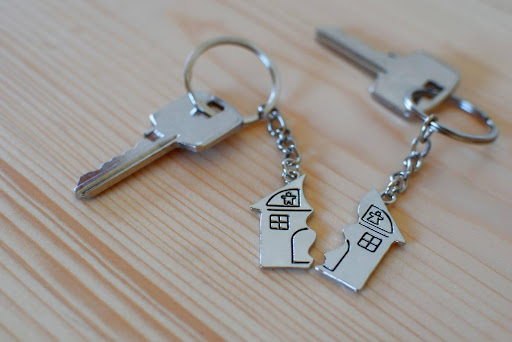Spanish Connection
According to a report in the first half of 2025 almost 9% of all properties purchased in Spain were bought by British people. Whilst this is a decline on previous years, most likely impacted by the UK's withdrawal from the European Union, the truth is that there are still plenty of British people who own a second or holiday home in Europe, with Spain being one of the most popular locations.
So, what happens when a couple, who own a property together in Spain, decides to get a divorce?
The Spanish property will be considered a matrimonial asset by the English court as part of the overall financial settlement on divorce and can still be included within the resulting financial consent order. However, while the English court can make such an order, any enforcement issues or implementation problems in Spain, would be subject to specific legal processes under Spanish law.
In some cases, the parties to a divorce may agree that one of them is to retain the foreign property, which will then require transferring from joint ownership into the sole ownership, or it may be the parties decide the best course of action for them is to sell. The English court's order that sets out how the Spanish property is to be dealt with does not automatically take effect in Spain to deal with the property. 'Brexit' has impacted the automatic recognition of such orders, meaning that an English financial remedy order, relating to a Spanish property, will typically require recognition and possibly enforcement by the Spanish legal system.
If both parties are in agreement and there is no contest as to what is to be implemented, the transfer of the Spanish property can be carried out via a Deed of Termination of Co- ownership by a Spanish Notary Public. If, however, one party needs to enforce the terms of the financial order in respect of the Spanish property, complex recognition proceedings may need to be issued in Spain before the agreement can be enforced.
There are clear challenges to the implementation of an English order abroad, starting with the way the Spanish property is identified within the financial order. Vague definitions or provisions in the order, uncommon in Spanish law can create difficulties and may require a further application to the English court for amendment. For instance, there is no such thing as a 'trust' under Spanish law, so the inclusion of a trust in the English order could indeed stall the process permanently, if not reversed or amended.
Another potential issue surrounding the implementation of an English order in Spain is the fact that there are two different and very specific matrimonial property regimes in Spain that govern the distribution of property upon divorce, which differ from the broader discretionary powers of English courts. This can sometimes lead to complexities in implementing English orders.
Further points to be considered are potential tax implications in Spain in relation to selling or transferring the property. A further complexity may arise in seeking the consent of any Spanish mortgage lender to the transaction, which can on occasion be refused. Provisions should be made in the English order to address such issues, wherever possible.
In addition to all the above, whether the plan is to transfer the property or sell it, the conveyancing process will be governed by Spanish law and, as such, it is imperative a local agent is identified and appointed early on to deal with the Notary Public, the court and the Land Registry as and when needed, to ensure all the necessary steps and processes are complied with. This often poses a difficulty for British nationals who do not speak Spanish or who lack local contacts they can rely on to assist.
Given the complexities of cross-border property transfers and the differing legal and tax systems, it is essential to obtain specialist legal advice from both English family law solicitors and Spanish lawyers ('abogados'). This collaboration ensures that any agreements and orders involving a Spanish property are properly drafted, considering Spanish legal requirements and tax implications, before a settlement is finalised or an order is made by the English court.
I have practised family law in England for 18 years and have significant experience in Spanish law, having originally qualified in Spain as an 'abogado' 25 years ago. Spanish is my native language, and I have retained strong links and contacts in that country. My unique background allows me to oversee the entire process for you. Whilst conducting your divorce here in the UK I have the advantage of being able to communicate easily with any Spanish lawyer, estate agent or notary as needed, thus making the whole process as smooth as possible.
Alma is a specialist family law solicitor. If you have a property in Spain of further afield and feel that Alma could help you, please contact us on 0333 9205911 to book a consultation to discuss your needs, or visit our website and complete a callback request.

Written by Alma Nicol



